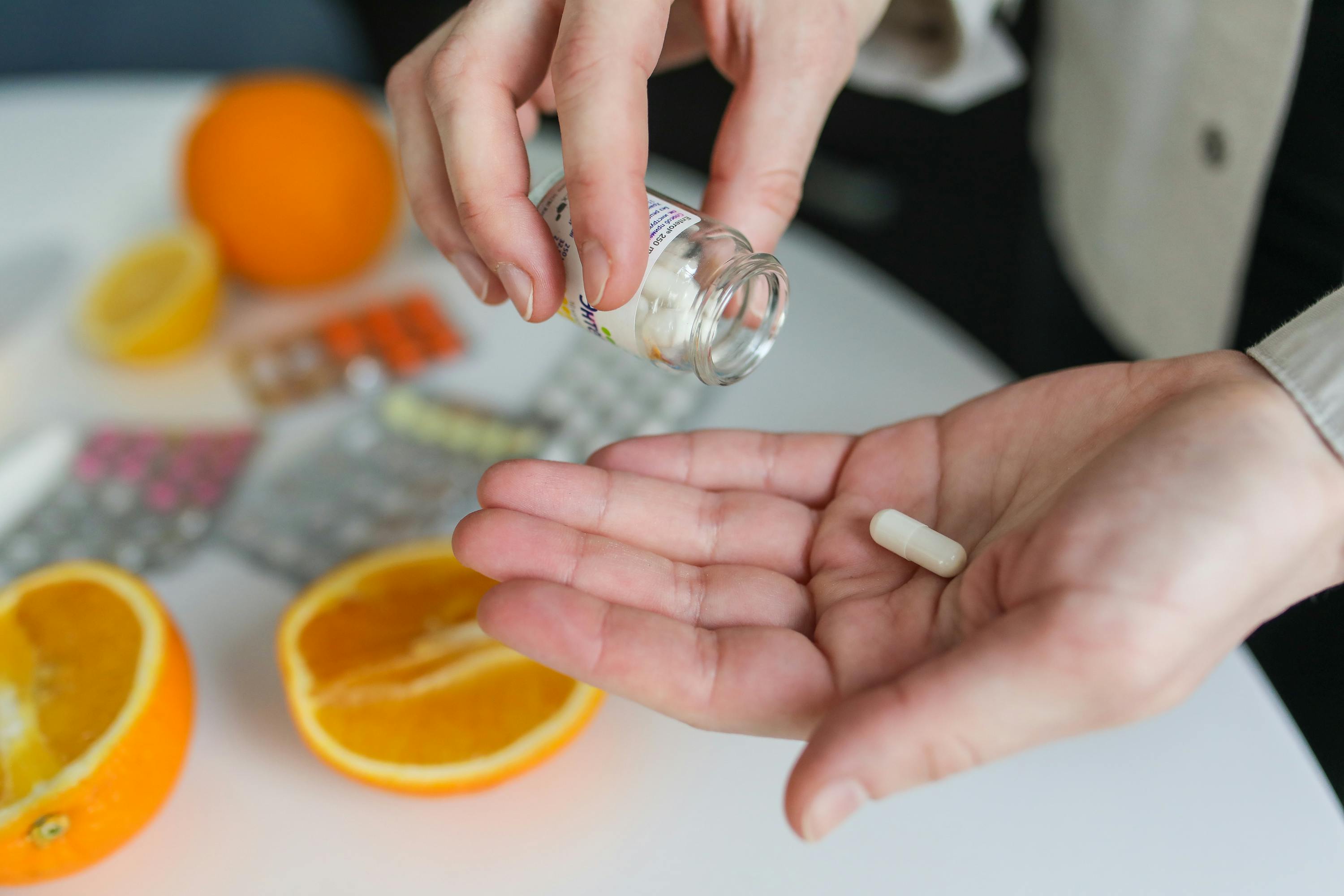Vitamin D Deficiency Doubles Dementia Risk: How to Supplement Effectively

Key Points
What’s the Connection Between Vitamin D and Dementia?

How Does Vitamin D Deficiency Impact Brain Health?
Top Ways to Supplement Vitamin D
How Much Vitamin D Do You Actually Need?
Other Nutrients That Help Protect the Brain
Final Thoughts: Build a Foundation for Brain Health
Most Popular Blog Posts



